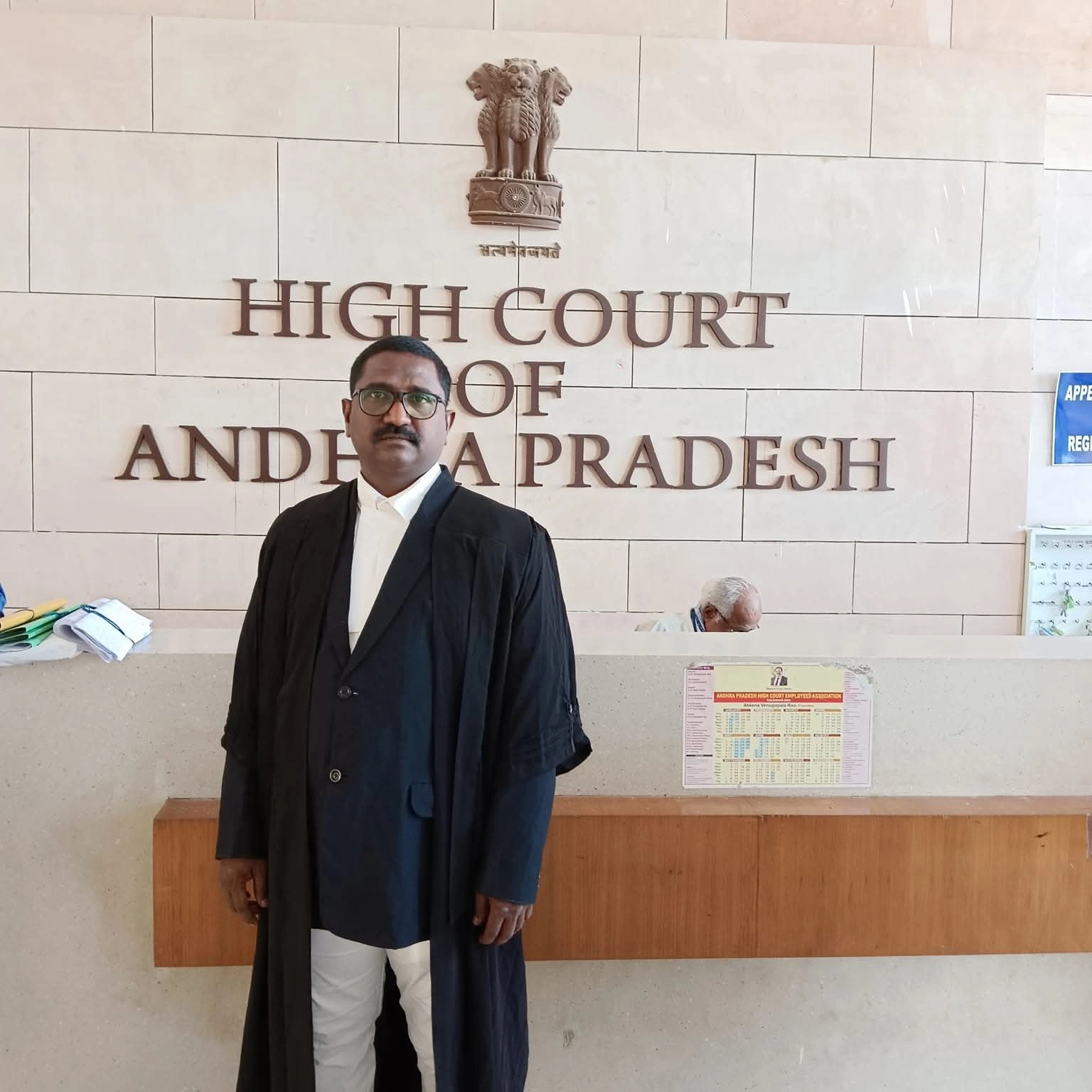Answer By law4u team
Religion often plays a crucial role in family dynamics and child upbringing. Parents generally have the right to impart their religious beliefs to their children. However, in custody and visitation contexts, courts prioritize the child's welfare and freedom of conscience above parental religious demands. This balance becomes essential when parents differ on religion or when a parent insists that the child follow their religion against the other parent’s wishes or the child's preferences.
Detailed Explanation on Whether a Parent Can Insist on a Child Following Their Religion
1. Child’s Best Interest is the Primary Concern
Family courts’ overriding principle is the best interest of the child, which includes emotional, psychological, and social well-being.
Courts consider whether forcing religious adherence might harm the child emotionally or socially, causing distress or alienation.
2. Parental Rights to Religious Upbringing
Parents have a fundamental right to raise their children in their faith and to provide religious education and practices aligned with their beliefs.
In sole custody scenarios, the custodial parent typically has greater authority over the child's religious upbringing.
3. Limitations on Forcing Religion
Courts intervene if a parent’s insistence on religious observance is coercive, abusive, or detrimental to the child’s welfare.
Compulsory religious practice that causes fear, anxiety, or alienation can be seen as harmful and contrary to the child's best interests.
4. Respect for Child’s Religious Freedom and Preferences
As children mature, their views on religion gain more importance in court decisions.
Older children’s preferences and freedom to choose or reject religious practices are respected to protect their rights and mental health.
5. Balancing Parental Rights and Religious Freedom
Courts protect religious freedom as a constitutional right but ensure it does not infringe on the child’s safety or welfare.
Neither parent’s religious beliefs can override the child’s right to a safe and nurturing environment.
6. Consideration in Joint Custody or Visitation
When custody is shared, courts encourage parents to cooperate respectfully in exposing the child to each parent's religion without coercion or conflict.
Parenting plans may include provisions for the child’s participation in religious activities consistent with both parents’ beliefs, fostering tolerance.
7. Use of Mediation and Counseling
Courts often recommend or mandate mediation or family counseling to resolve religious conflicts between parents, aiming to avoid litigation and reduce stress on the child.
These sessions help parents develop mutually agreeable plans respecting religious differences.
Example
In a joint custody case, the mother wishes the child to attend religious classes aligned with her faith, while the father objects, preferring a secular upbringing.
Process:
The court evaluates the child’s age, maturity, current religious exposure, and emotional well-being.
The court emphasizes the child’s right to be free from coercion and to express preferences as appropriate for their age.
The judge encourages parents to respect each other’s beliefs and promotes a parenting plan allowing exposure to both religious and secular environments.
The child is given the opportunity to engage in religious activities voluntarily without pressure.
If disputes persist, the court orders mediation to find a balanced approach that prioritizes the child’s welfare.







